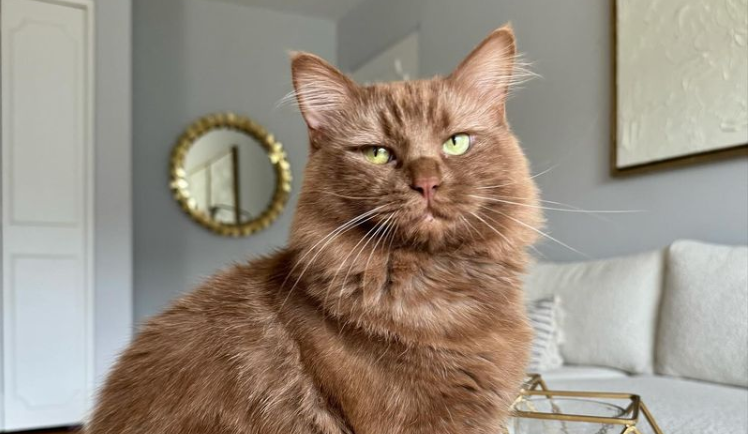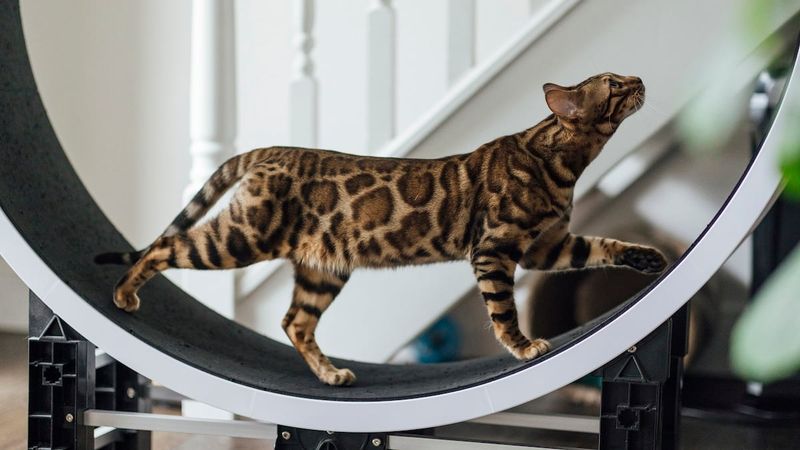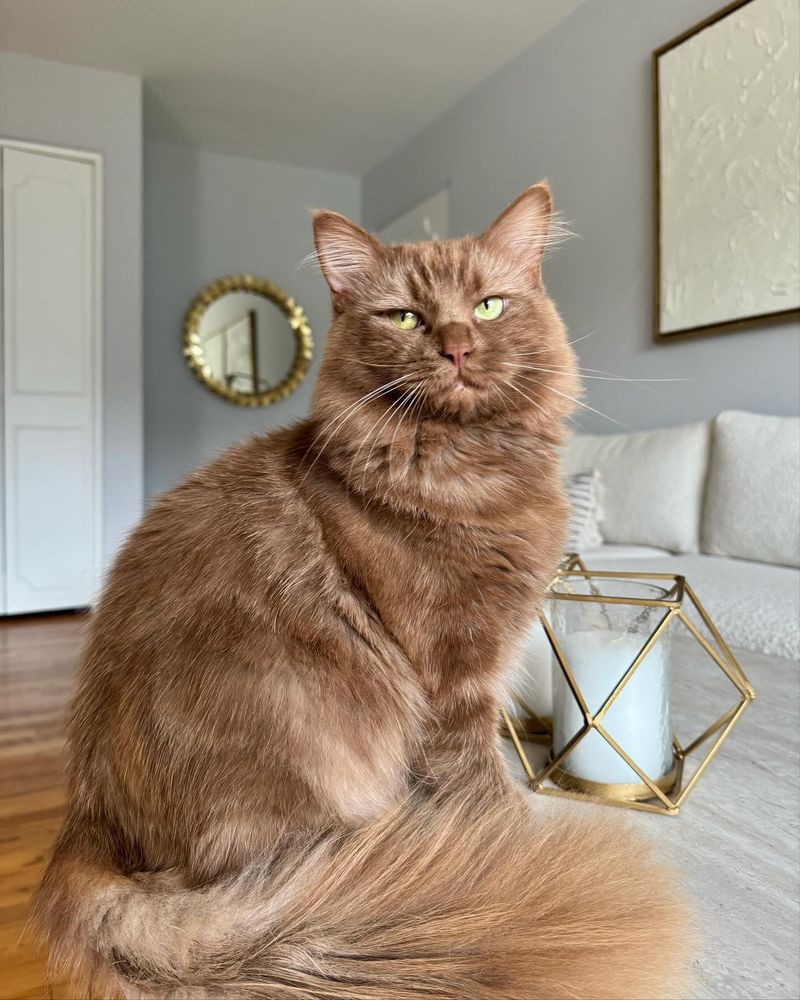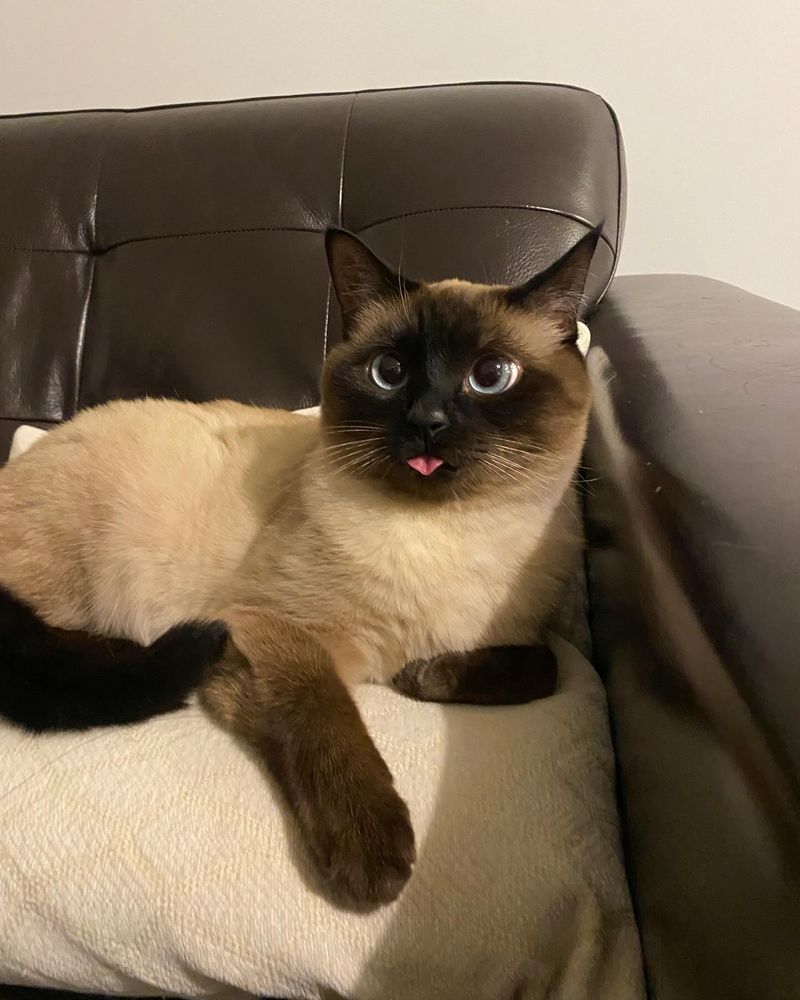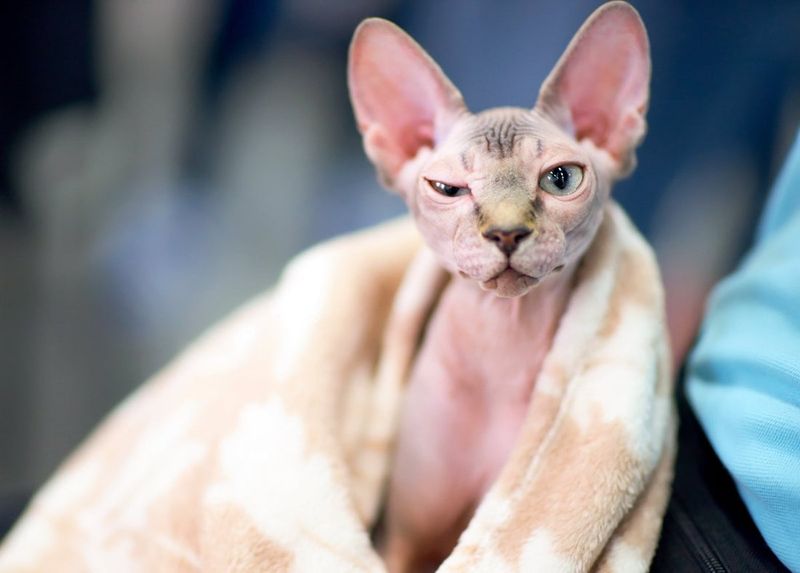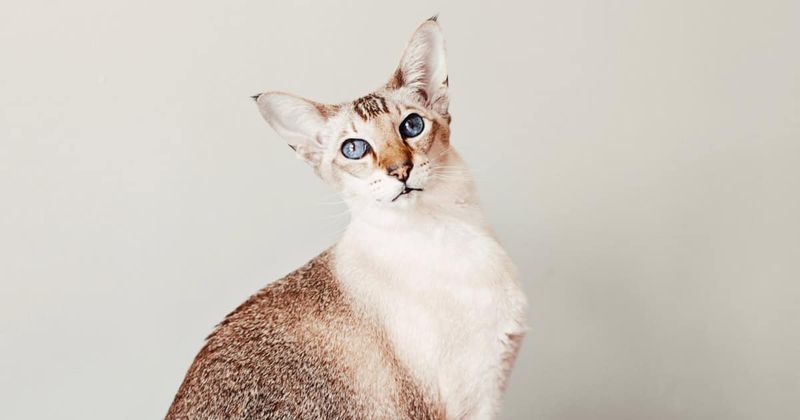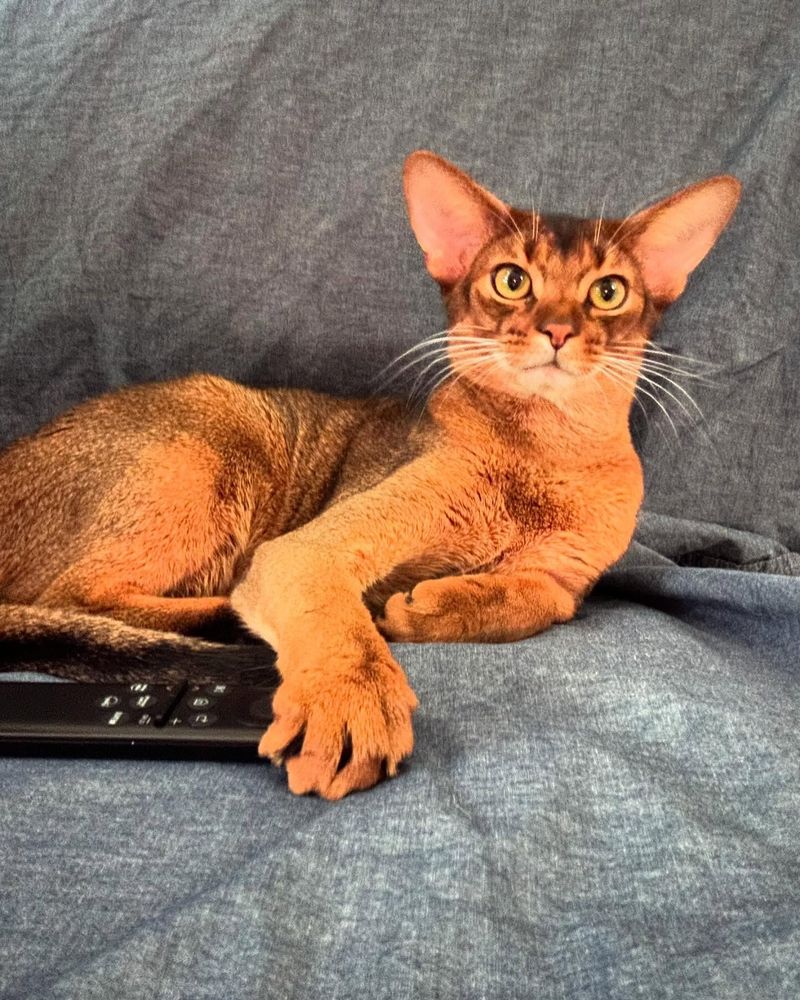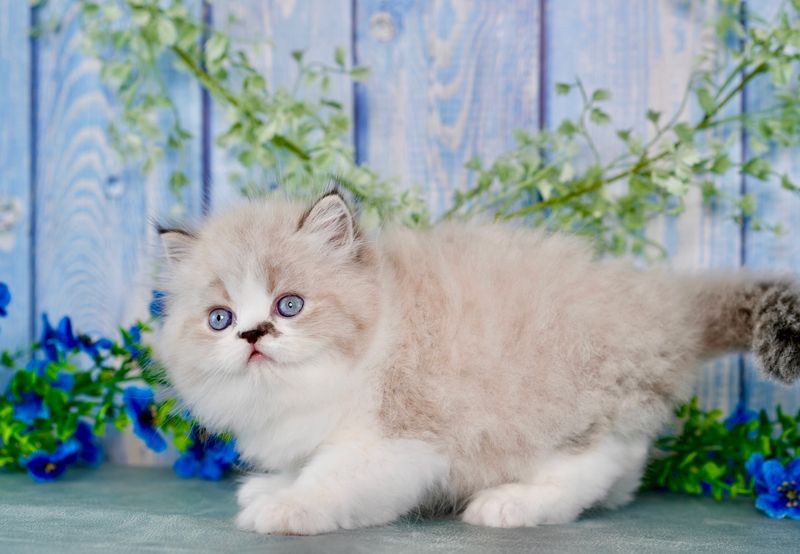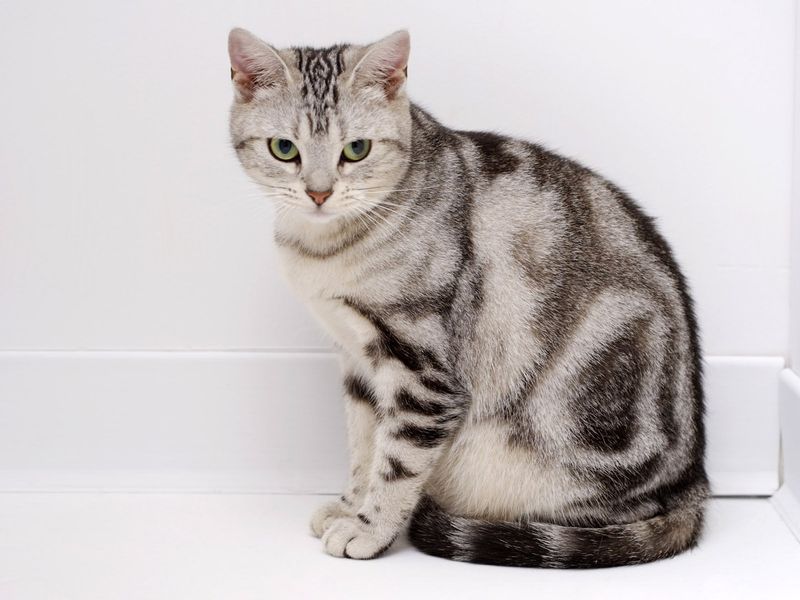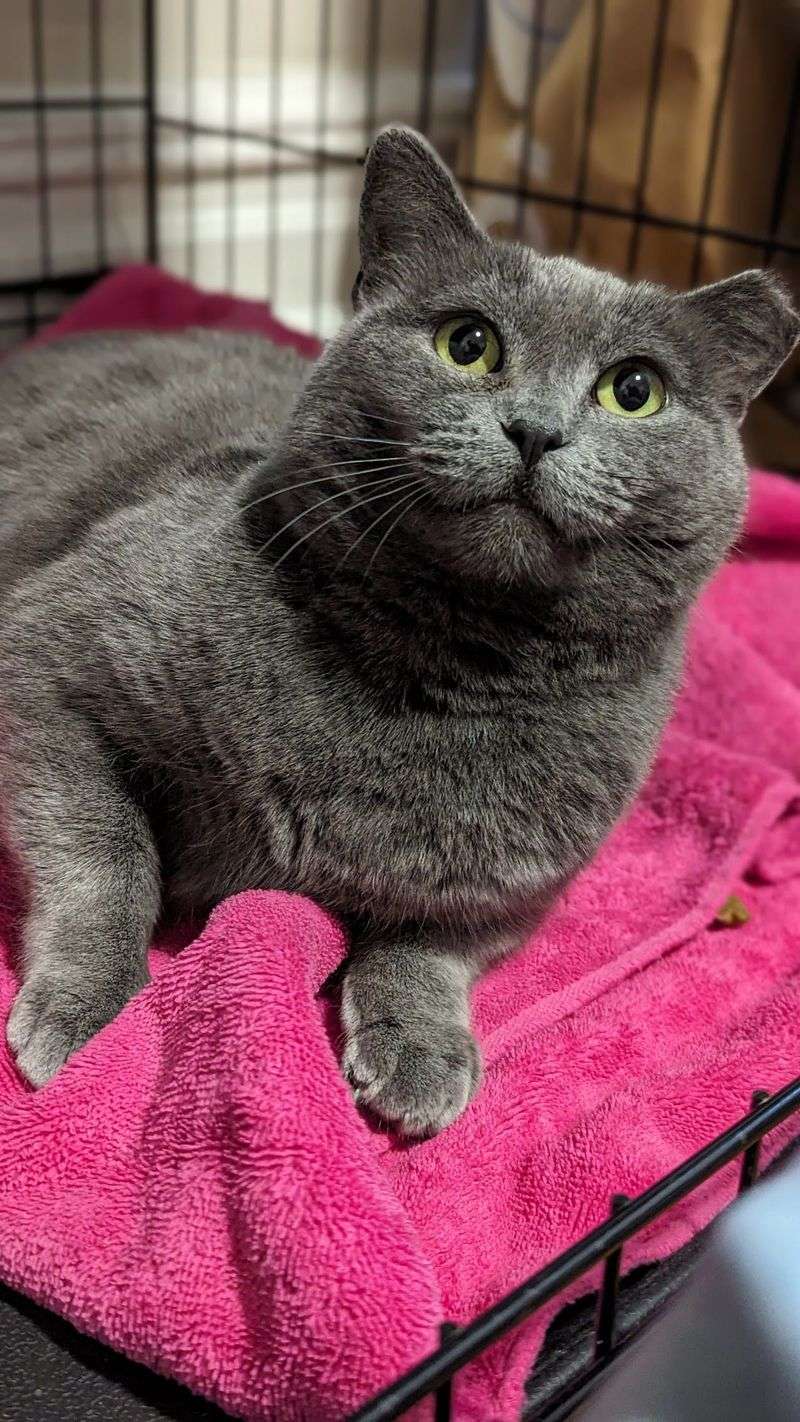📖 Table of Content:
Adopting a cat can be one of the most rewarding decisions for seniors seeking companionship, comfort, and joy in their daily lives. However, not all feline friends are equally suited for a senior’s lifestyle, especially when considering factors like grooming needs, energy levels, and the breed’s general demeanor. What starts as a well-intentioned adoption can sometimes lead to unexpected stress or difficulty when the cat’s temperament or care demands don’t match the owner’s capacity.
Many breeds are undeniably charming, but their requirements for mental stimulation, physical activity, or even frequent medical attention can create a mismatch with a quieter, more laid-back lifestyle. Seniors might find themselves overwhelmed by cats that constantly need attention, exhibit destructive behavior without adequate play, or require frequent grooming and specialized care. These challenges can reduce the quality of companionship and even lead to rehoming—something both cat and human would rather avoid.
By understanding which breeds may be more difficult to manage and exploring alternatives that offer companionship without the extra strain, seniors can make more informed and harmonious choices. Some breeds are naturally mellow, low-maintenance, and content with a slow-paced routine—qualities that often translate to the perfect feline match. Choosing the right breed is not about limiting options, but about finding a compatible partner to enhance comfort, emotional well-being, and joy during the golden years.
1. Bengal
Known for their wild appearance and exuberant personality, Bengals are a whirlwind of activity and curiosity. They require daily mental stimulation and thrive in spaces where they can climb, jump, and explore extensively. Their intelligence, while impressive, often leads to mischief if left unattended, from opening cabinets to knocking items off shelves. A senior owner might find it exhausting to keep up with a cat that behaves more like a high-energy dog than a traditional housecat. Even interactive toys and enrichment may not suffice if the Bengal lacks consistent engagement. Additionally, their strong territorial instincts can make them less tolerant of change or unfamiliar people. While beautiful and striking, Bengals often demand far more than the average pet owner can reasonably provide without significant effort.
2. Ragdoll
Known for their wild appearance and exuberant personality, Bengals are a whirlwind of activity and curiosity. They require daily mental stimulation and thrive in spaces where they can climb, jump, and explore extensively. Their intelligence, while impressive, often leads to mischief if left unattended, from opening cabinets to knocking items off shelves. A senior owner might find it exhausting to keep up with a cat that behaves more like a high-energy dog than a traditional housecat. Even interactive toys and enrichment may not suffice if the Bengal lacks consistent engagement. Additionally, their strong territorial instincts can make them less tolerant of change or unfamiliar people. While beautiful and striking, Bengals often demand far more than the average pet owner can reasonably provide without significant effort.
3. Siamese
Siamese cats are as talkative as they are intelligent, constantly seeking interaction with their human companions. Their distinct vocalizations, often compared to crying infants, can be disruptive in quieter households. Unlike more independent breeds, Siamese cats don’t do well being left alone for long periods, often developing anxiety or destructive behaviors. This level of neediness can quickly become burdensome for someone seeking a calm, unobtrusive pet. Their social and emotional intensity makes them best suited for homes where they’re rarely left alone. While their loyalty and affection are admirable, the commitment to constantly meet their emotional needs can feel more like a full-time job. For seniors who prefer peace and a gentle companion, the Siamese can be more of a challenge than a comfort.
4. Sphynx
A Sphynx cat’s lack of fur might seem like a low-maintenance blessing, but it brings with it a unique set of responsibilities. Their skin produces natural oils that are usually absorbed by fur in other breeds, meaning Sphynxes require frequent baths to prevent buildup and irritation. Not bathing them regularly can result in unpleasant odors or skin conditions, which can be daunting for individuals with mobility or strength concerns. Additionally, Sphynxes are highly social and crave warmth, often needing extra layers or heating pads in cooler climates. Their sensitive nature means they’re prone to stress and can require more medical attention than average. Owning one is as much about maintaining their physical health as it is about meeting their emotional demands. Despite their affectionate personalities, Sphynxes often require more time and attention than many seniors can comfortably offer.
5. Oriental Shorthair
With their sleek appearance and curious minds, Oriental Shorthairs are a breed that rarely rests. They possess a high energy level and a sharp intelligence, frequently engaging in acrobatics and constant vocal communication. Their need for stimulation goes beyond toys and often requires interactive play and social engagement several times a day. Seniors who appreciate tranquility may find the incessant energy and vocalizations exhausting. The breed’s demand for attention can rival that of a child, making them a poor fit for someone seeking a more relaxed pet. Without adequate engagement, they may develop behavioral issues or anxiety. Though sleek and elegant, their high-maintenance personality overshadows their aesthetic appeal in quieter homes.
6. Abyssinian
Always in motion, Abyssinians are known for their athleticism and adventurous spirit. They love to climb, explore high places, and often invent their own games to stay entertained. Their independent streak can be mistaken for low-maintenance, but their physical activity level demands significant enrichment. Seniors who may not have the energy or resources to create a stimulating environment could struggle to meet their needs. While affectionate, they often show love in fleeting bursts rather than long cuddles, which may not align with expectations. Additionally, their curiosity can lead to risky behavior like chewing wires or escaping through open doors. Though delightful in the right home, Abyssinians are often too much for seniors who prefer stability and calm.
1. Persian
Persians are often the epitome of elegance and tranquility, preferring lounging and slow movements over play or exploration. Their quiet nature and gentle purrs make them a soothing presence in the home. While their long coats do require regular grooming, many find the brushing ritual calming rather than burdensome. They are usually content with their own space, only seeking out affection when they feel comfortable. Persians thrive in stable environments and don’t cope well with loud noises or frequent changes. Their easygoing temperament suits seniors who value serenity above all. With consistent grooming, Persians make beautiful, calm companions for the right owner.
2. American Shorthair
Reliable and even-tempered, American Shorthairs offer a well-rounded temperament that suits a variety of lifestyles. They are independent but still appreciate affectionate moments, giving seniors the best of both worlds. Known for their low-maintenance coats, they require little grooming and have few known health complications. Their moderate energy levels mean they enjoy play without becoming overbearing. These cats are not particularly vocal, making them a peaceful addition to the home. They adapt well to apartment living and are content with structured routines. Overall, American Shorthairs provide an ideal mix of ease, affection, and adaptability.
3. Russian Blue
With their striking silvery coat and vivid green eyes, Russian Blues are a visually stunning yet remarkably easygoing breed. They are naturally reserved, preferring calm and quiet surroundings over loud or chaotic environments. This breed forms strong attachments but is never overly clingy, respecting their owner’s space and mood. Their grooming needs are minimal, thanks to a short, dense coat that resists shedding. Russian Blues are also known for their health and longevity, which can be comforting for those seeking a long-term companion. They thrive on routine and can become shy or withdrawn if disrupted, making them best for stable households. For seniors seeking peaceful, graceful companionship, Russian Blues are an excellent match.
